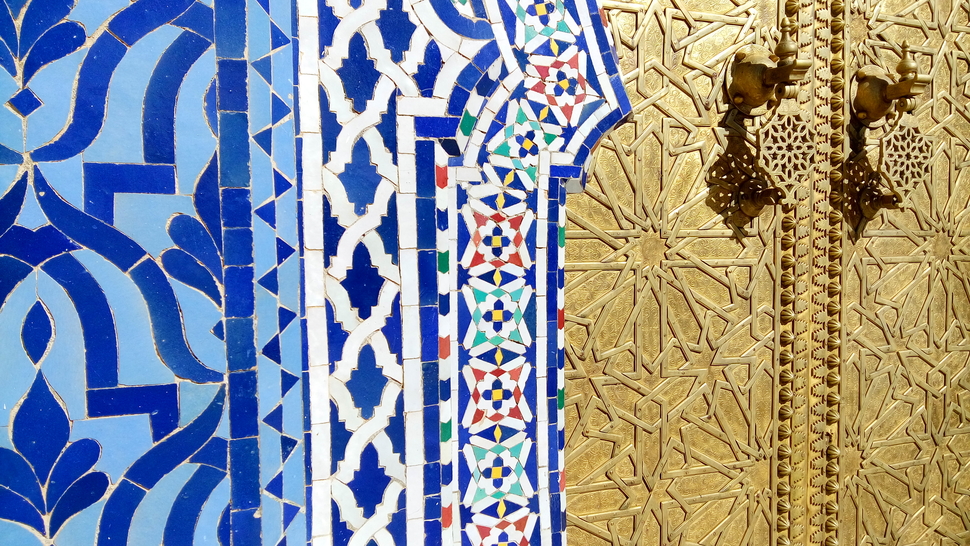Tips:
Be flexible with your planning. As you are much dependent on other’s help during such a project, you cannot rely completely on your own planning. Therefore, it may be more useful to work with action lists instead of a tight time-planning. Or else, make sure you are always able to do something when something else is cancelled. This way, you are not waiting for something and using the little time more efficiently.
This is further enforced by the fact that Morocco has a time-consuming culture. Thus, you have to calculate more time for things to do.
Also, to work more efficiently, divide certain tasks or the responsibility for it among the team members.
Prepare yourself well, both in the Netherlands as in Morocco. In the Netherlands, this means you have to get clearance on where you will stay, where you will test, set-up a realistic budget for this, find the sponsors required for this budget, make sure the expectations of all involved parties are equal and realistic and make sure there is a clear goal to deliver at the end of the internship.
In Morocco the preparation involves for example pictures or drawings to communicate without language, preparing a pitch about the product and project in French, make sure when visiting the test persons, you have all the required food and tools needed for testing, but also things like presents for the test persons. Another practical tip: make sure you have a working smartphone with a moroccan sim-card.
Communicate frequently with all parties involved. Especially as there are big differences between the parties on the knowledge of the region on one hand and on the other hand knowledge of the product. This way, when things do not happen as planned or when there are obstacles that may influence the course of the project, all parties are more able to adapt to the new situation. Besides, they can also have a guiding role in finding suitable solutions.
Finally, be aware of the fact that the people in, in this case Morocco, have a very different lifestyle and habits that may be difficult to change. Thus, it is necessary to take this into account in designing a product for or implementing a product in a developing country.
Finally, we have some practical tips regarding the building of the prototypes. First, make sure the list of needed tools and materials is complete. You should also, for example, think of clamps. If it is possible, a workbench at the right height is advisable.
